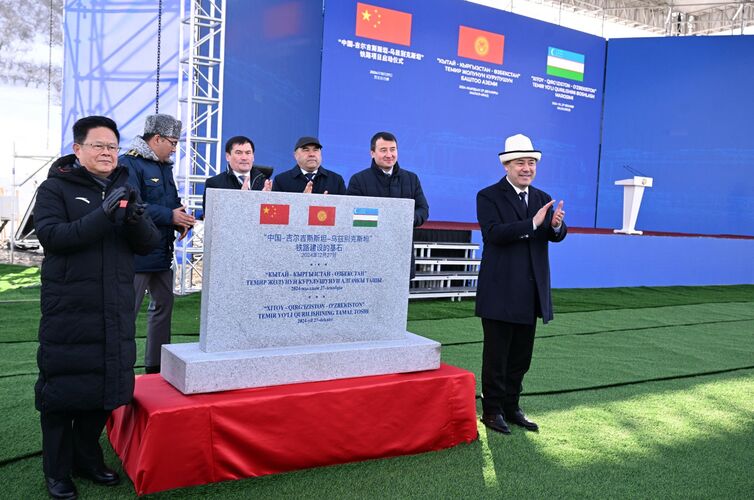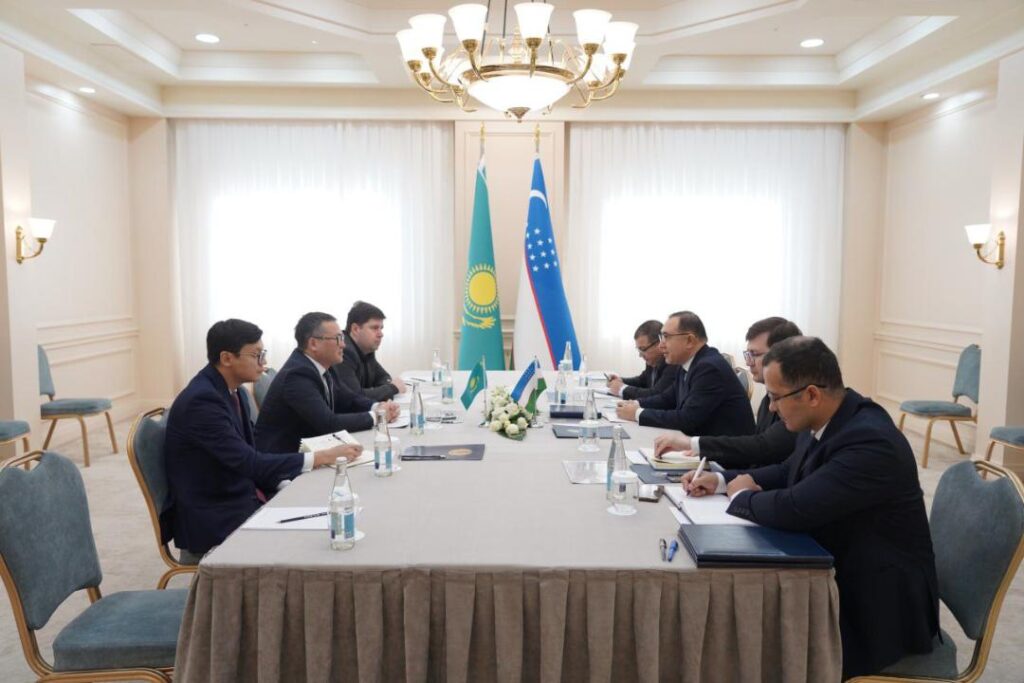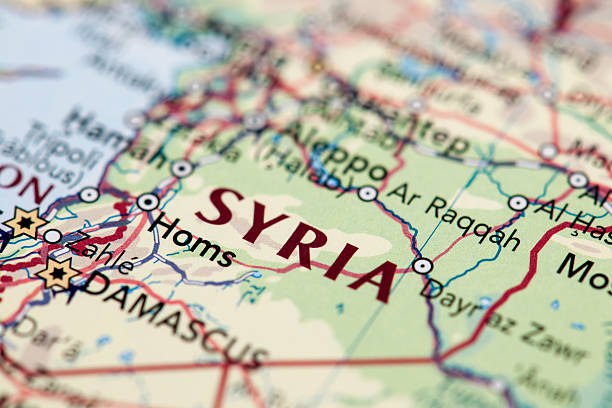Tensions Rise as Uzbek Leaders Respond to Ramzan Kadyrov’s Remarks
Uzbekistan has placed two residents of Chechnya, Bislan Rasayev and Shamil Temirkhanov, on Interpol’s wanted list. The Times of Central Asia has previously reported that the two men are accused of multiple crimes, including a plot to assassinate Komil Allamjonov, the former head of President Shavkat Mirziyoyev's information policy department, and Dmitry Li, head of the National Agency for Prospective Projects (NAPP). Rasayev and Temirkhanov were reportedly offered $1.5 million for the assassinations. Chechnya's leader Ramzan Kadyrov has called the arrest warrants "fabrications". Kadyrov claims that pro-Western media are spreading baseless rumors about divisions within Mirziyoyev’s family as part of a larger effort to destabilize the country’s leadership. The attempt on Allamjonov's life is said to have taken place on October 26 outside his home in Tashkent’s Kibray district. According to Uzbek media, two unidentified individuals fired multiple shots at Allamjonov’s car before fleeing the scene. No injuries were reported. Opposition outlets speculated about a “Chechen connection,” suggesting Kadyrov’s possible involvement in the attack. In an earlier statement, Kadyrov said that “if I had really planned something, I would have completed it with a 100% result.” He also expressed skepticism about the investigation’s timeline, noting that Li was identified as a secondary target only months after the probe began. Kadyrov suggested that the case could be part of internal “behind-the-scenes games” orchestrated by certain groups. In response, Uzbek officials and lawmakers condemned Kadyrov’s statements and threats. Rasul Kusherbayev, a former deputy and adviser to the Minister of Ecology, described Kadyrov’s comments as terrorism. “Open threats to officials in Uzbekistan are terrorism. Those who make such statements or attempt such actions must be held accountable,” he said. Kusherbayev also criticized the Uzbek government for remaining silent in the face of these threats. “Why should the government of Uzbekistan remain silent? How long will we tolerate those who openly threaten us with chauvinistic views? The response should go beyond mere statements - it should involve concrete measures. If necessary, flights to Grozny should be canceled, and every Chechen citizen entering Uzbekistan should be strictly vetted,” he added. Odiljon Tojiyev, a deputy of Uzbekistan’s Legislative Chamber, similarly denounced Kadyrov’s interference in Uzbekistan’s internal affairs and his threats against Uzbek officials. He warned that such actions could harm relations between Uzbekistan and Chechnya. “I call on the Prosecutor General’s Office of the Russian Federation to assess Ramzan Kadyrov’s threats against Uzbek officials. Moreover, Kadyrov should issue a public apology to the people of Uzbekistan. If he is truly a friend, he should assist Uzbekistan’s Prosecutor General’s Office in locating and extraditing Bislan Rasayev and Shamil Temirkhanov,” Tojiyev stated. Kadyrov’s remarks and the allegations surrounding the assassination attempt have brought tensions between Uzbekistan and Chechnya into the spotlight. While Uzbekistan values its friendly relations with Russia and its regions, the controversy has prompted calls for firm action to protect the country’s sovereignty and ensure accountability.




